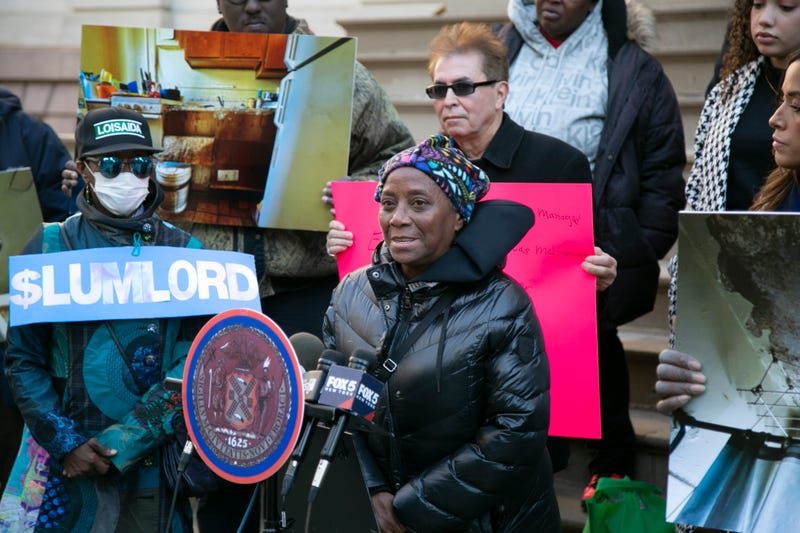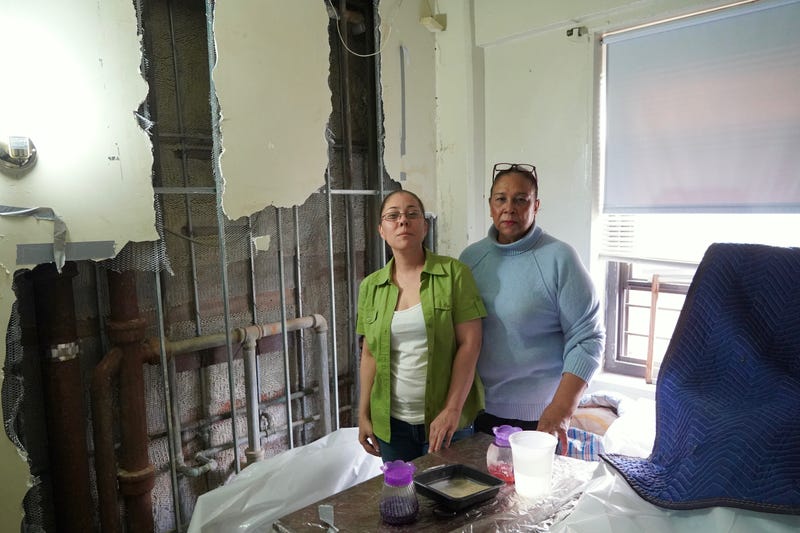
NEW YORK (1010 WINS) — Tenants, community leaders and elected officials rallied at City Hall on Tuesday to demand action on NYCHA building repairs.
City Councilmember Carlina Rivera joined residents of public housing buildings in Council District 2, which she represents, to call for heavy metal testing, repairs and a housing plan from Mayor Eric Adams.
Rivera toured the Riis, Wald and Baruch Houses on Friday. She released images from the trip demonstrating the extent of the disrepair in some of the apartments.
The pictures show sections of wall missing, derelict fixtures and extensive water damage.
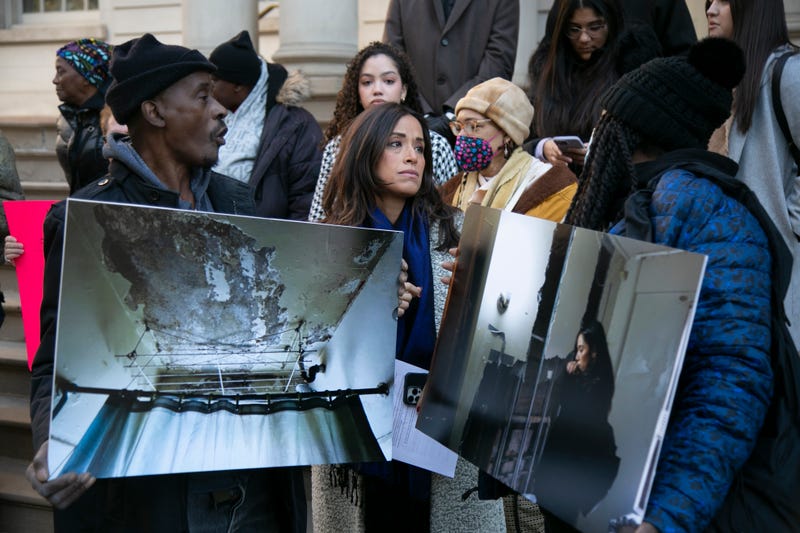
“I am looking at repair conditions in-person, and what I have seen is unacceptable,” said Rivera. “Broken floors, walls, sinks and bathrooms unusable, apartments in basic disrepair. I call on NYCHA to conduct better interagency coordination, for a more expedient process to address what families need, which is basic, habitable living conditions.”
For years, funding from federal programs and New York City has fallen short of the amount necessary to make full repairs to the city’s aging public housing system.
The city estimates that NYCHA will need an additional $47.7 billion over the next five years to keep up with maintenance. That price tag is expected to increase by $68.6 billion by 2028.
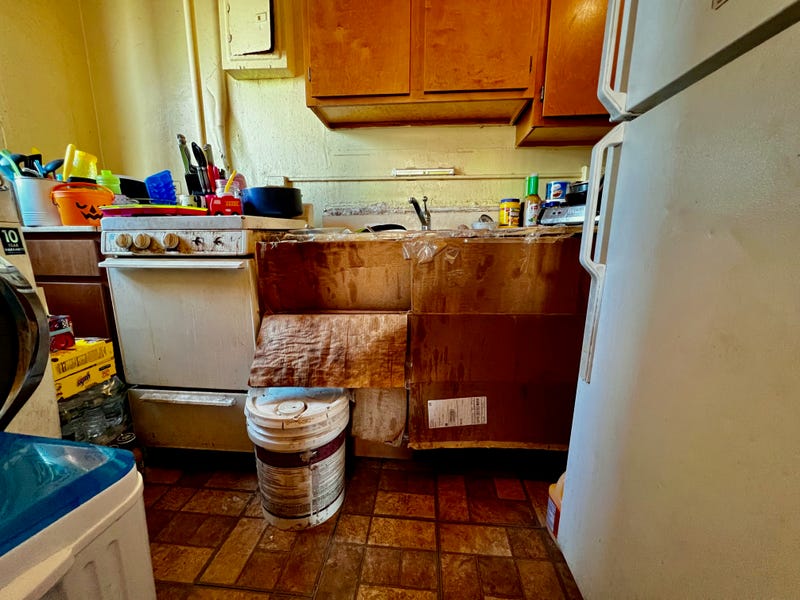
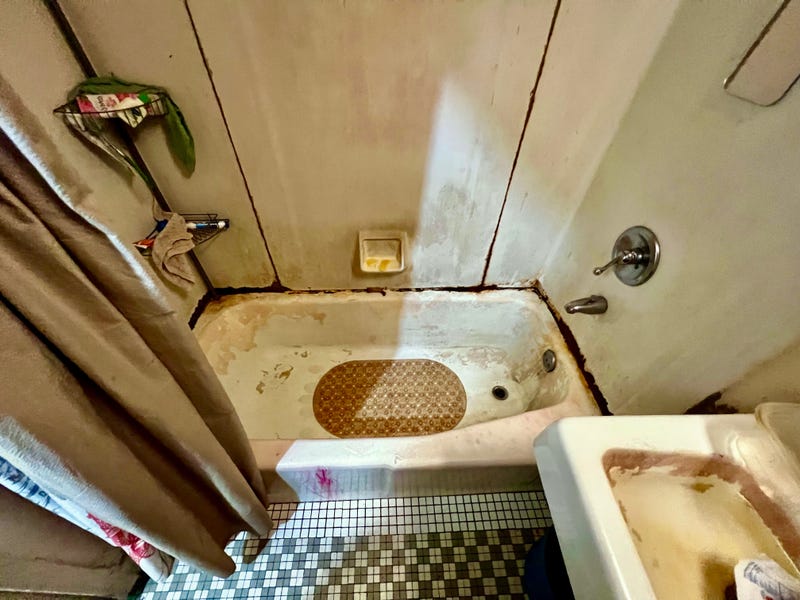
The agency’s total expenditures for 2022 cost roughly $4.2 billion, according to the Mayor’s Management Report, an annual assessment of city finances and agency performance.
NYCHA’s chronic underfunding has resulted in severe delays to repairs.
The city claims it takes NYCHA 49 days on average to make non-emergency repairs, according to the Mayor’s Management report. That’s three times over the agency’s target wait time of 15 days and 2.5 times longer than the average wait time in 2019.
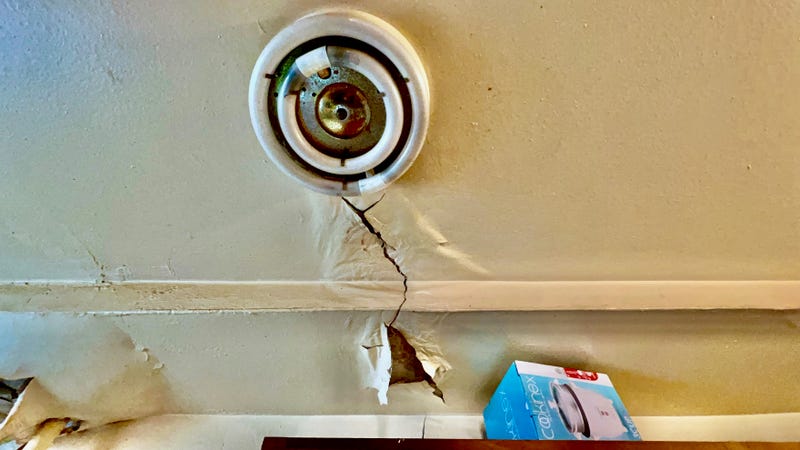
That wait time estimate only takes into account requests closed within the last year.
An analysis by the non-profit publication The City found it has actually taken an average of 310 days to resolve non-emergency issues, if the statistic is calculated including repairs that have gone unaddressed for multiple years.
In a September report, a federal monitor found that poor planning also created delays in projects even when NYCHA had budgeted for repairs.
NYCHA has allocated $450 million in state funding since 2019 to the system’s worst-performing boilers and elevators, but, as of mid-2022, much of the money hadn’t been spent due to “poor performance during project planning and procurement,” according to the federal monitor.
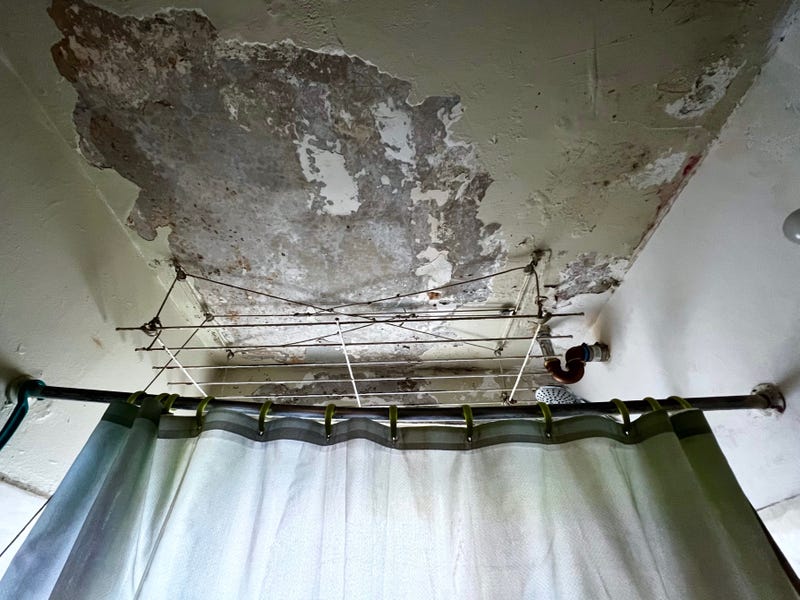
Projects routinely run about nine to twelve months behind schedule, with that delay increasing each year, the monitor found.
The agency’s failure to bundle multiple projects together when submitting requests to the Office of Management and Budget has made the repair process needlessly lengthy, and the monitor recommended bundling heating and elevator project requests together.
Rivera called on NYCHA to make the changes recommended by the monitor.
